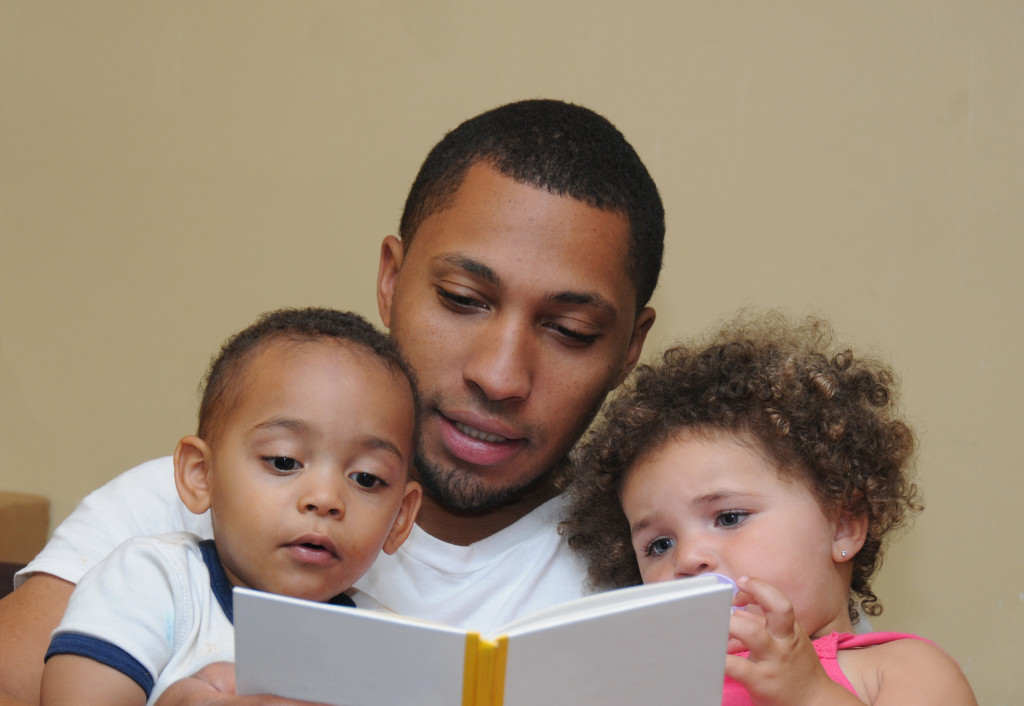There’s no denying the impact of the COVID-19 crisis on public health and overall well-being. Not only does the novel coronavirus pose a threat to the physical body, but the pandemic can also compromise people’s emotional and psychological states.
But according to the Center for Disease Control and Prevention (CDC), children are less likely to develop the COVID-19 infection than adults. However, they can be emotionally vulnerable amid the crisis due to the pandemic restrictions.
Think of the closure of schools, the lack of social interaction, and the uncertainty of the future. Consider the stress, psychological distress, anxiety, depression, and suicidal ideation they can develop during this pandemic.
As a parent, you must do what it takes to foster your children’s health and wellness. On top of this is to keep them emotionally stable. That said, here’s how to promote your kids’ emotional well-being during this pandemic:

- 1. Help your kids acknowledge the pandemic situation and process their emotions
- 2. Ensure you provide your kids with a support system
- 3. Maintain an open line of communication
- 4. Encourage your kids to have social interaction safely
- 5. Monitor and regulate your kids’ digital consumption
- 6. Allow your kids to enjoy their hobbies and interests
- 7. Seek a behavioral health professional when necessary
1. Help your kids acknowledge the pandemic situation and process their emotions
It’s been almost two years since the COVID-19 crisis first broke out. By now, you must have already educated your children about the pandemic. However, it’s imperative to update them about what’s happening worldwide. This way, they know what to expect and how to deal with them. The primary goal is to help them acknowledge the pandemic situation and process their emotions. That way, they will be able to get by amid the crisis.
2. Ensure you provide your kids with a support system
Pre-pandemic, it’s easy to see children heavily relying on their friends and colleagues for emotional support. But their families must be their ultimate support system amid the crisis. It’s best to ensure that you are your kids’ core group, even with or without a pandemic. That way, they will feel emotionally secured and supported. In the end, you should always be there for your children in times of life’s challenges and adversities.
3. Maintain an open line of communication
Communication has always been the key to fostering good relationships. This idea applies to every household or family, especially during a crisis. As such, be sure to have an open line of communication during this pandemic. First, make your children comfortable talking to you every day. Also, allow them to share their thoughts and emotions. Ultimately, you must help them deal with these ideas and feelings.
4. Encourage your kids to have social interaction safely
The pandemic restrictions like lockdowns, quarantines, and stay-at-home orders have compelled individuals and families to stay indoors. Also, children have been out of the classrooms and haven’t been mingling with their peers outdoor. For this reason, social distancing has been equivalent to social isolation. It’s good that the pandemic restrictions have gradually gotten lifted. As such, allow your children to finally have social interaction but with health and safety measures in place. Still, their safety is your utmost priority!
5. Monitor and regulate your kids’ digital consumption
The pandemic has led most children to go digital. They have most likely spent their time hooked on their mobile phones. They’ve been surfing the web, browsing social media, and even playing online games. They’ve most likely been chatting with their friends and even random strangers online. For this reason, make sure to monitor your kid’s digital consumption. Also, limit the hours spent on their phones. That way, they can also bond with the rest of the family and do other productive activities for their emotional well-being.
6. Allow your kids to enjoy their hobbies and interests
The pandemic doesn’t have to stop your children from pursuing their hobbies and interests. But as a parent, you have the responsibility to encourage and motivate them. They probably love arts and crafts, have a knack for sports, or enjoy producing digital content. For one, their hobbies and interests will keep them busy and preoccupied. These will also boost their imagination and creativity. Ultimately, these will help them emotionally cope with the COVID-19 pandemic.
7. Seek a behavioral health professional when necessary
When your children get sick and start showing symptoms of COVID-19, the most logical course of action is to take them to a trusted pediatric clinic. They need to get tested, and if ever they’re suffering from COVID-19 positive, doctors will treat them. The same thing applies to emotional issues. If your children manifest signs of anxiety and depression, seek help from a shrink for proper therapy. These behavioral health professionals will help them become emotionally stable.
At this point, you now know how to foster your children’s emotional well-being during this pandemic. Be sure to consider the health and wellness tips recommended above. With these in mind, you can help your kids deal with their emotions brought about by the COVID-19 crisis. While the pandemic is here to stay, provide them with the utmost emotional support. Ultimately, you’ll help your children rise above the COVID-19 pandemic.


